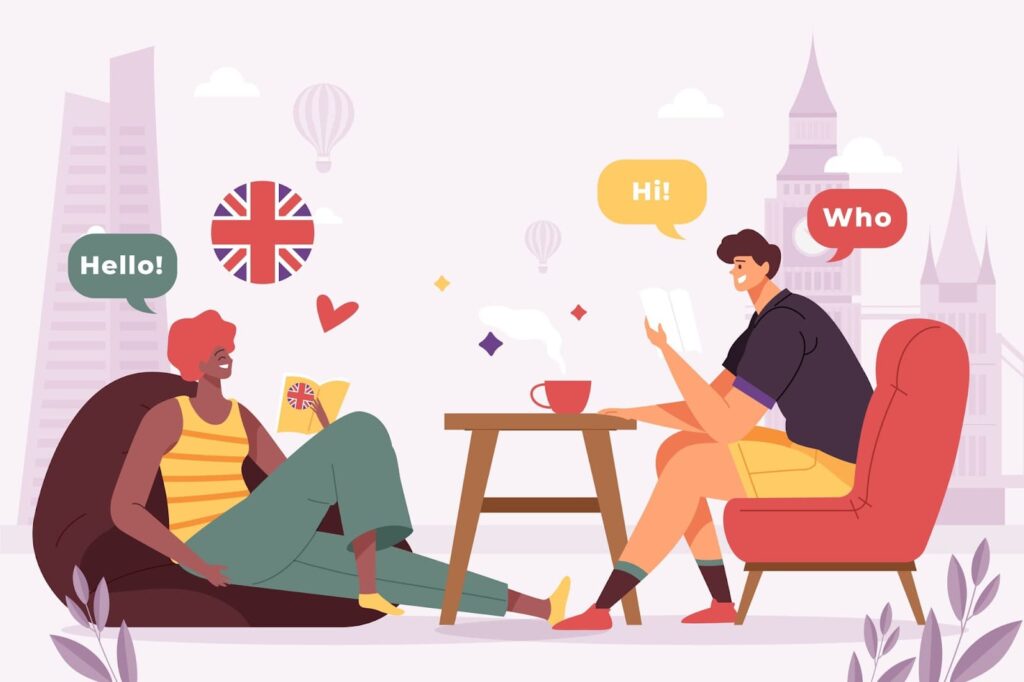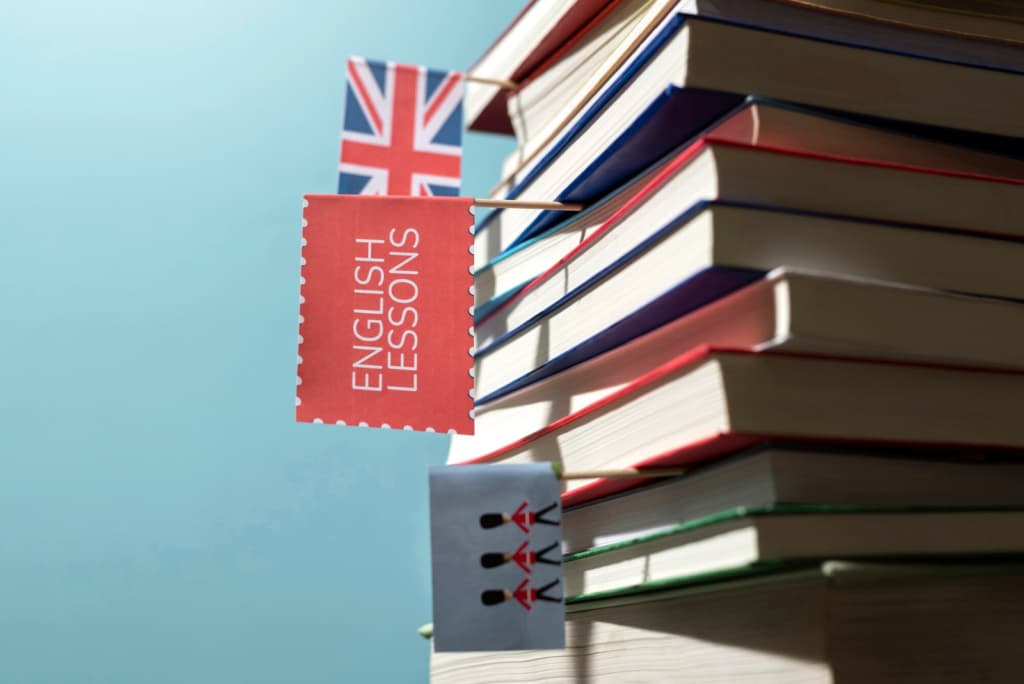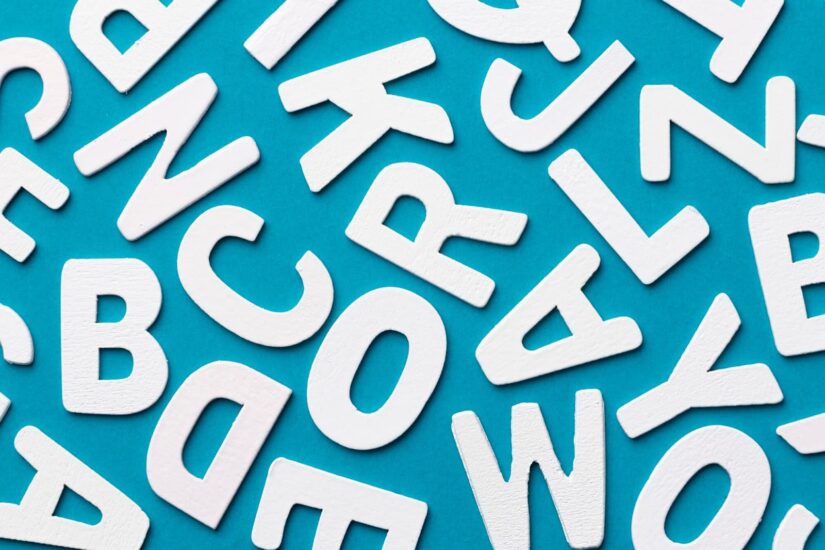Unveiling the Humorous Charm of 12 English Words
Laughter is universal, and the English language offers an array of words that can tickle our funny bones. From quirky and peculiar to downright absurd, these words have a way of bringing a smile to our faces. In this article, we delve into the realm of humor and explore the 12 funniest words in the English language. Each word has its own unique charm and often leaves us pondering the marvels of linguistic expression.
Shenanigans
Origin and Usage
The word “shenanigans” is believed to have originated in the United States in the mid-19th century. It is often used to describe playful or mischievous behavior, typically associated with pranks, tricks, or devious activities. The term has a lighthearted connotation and is commonly employed in informal contexts to depict amusing or slightly underhanded antics.
Examples of Usage
- “The children were up to their usual shenanigans, hiding each other’s toys.”;
- “I can’t believe you pulled off such shenanigans at the party last night!”
Shenanigans are often associated with harmless mischief, adding an element of amusement to everyday situations. Here’s a table showcasing some synonyms and related terms for “shenanigans”:
| Synonyms/Related Terms |
|---|
| Pranks |
| Tomfoolery |
| Mischief |
| Antics |
Bamboozle
Etymology and Meaning
The term “bamboozle” has uncertain origins, with suggestions linking it to both Scottish and Gypsy sources. This word is used to describe the act of deceiving or tricking someone in a clever or perplexing manner. It carries a sense of bemusement and surprise, often leaving the bamboozled individual feeling bewildered or outwitted.
Usage in Context
- “She managed to bamboozle her opponents with her quick thinking.”;
- “Don’t let them bamboozle you with their elaborate explanations.”
Bamboozle encapsulates the idea of being hoodwinked or flummoxed by cunning or crafty tactics. Here’s a list of similar terms and phrases that convey a similar sentiment to “bamboozle”:
- Hoodwink;
- Baffle;
- Confound;
- Perplex.
Bodacious
Historical Background
The term “bodacious” emerged in American slang during the 19th century, gaining popularity in the Southern United States. Originally used to denote something remarkable or outstanding, it later evolved to describe something bold, audacious, or even sexually attractive. Its diverse range of meanings adds to its whimsical nature.
Contemporary Usage
- “That was a bodacious guitar solo!”;
- “She’s got a truly bodacious sense of style.”
The word “bodacious” has become synonymous with a mix of confidence, excellence, and a hint of flamboyance. Below is a table illustrating the evolution of the word “bodacious” over time:
| Time Period | Meaning |
|---|---|
| 19th Century | Remarkable, outstanding |
| 20th Century | Bold, audacious |
| Present Day | Confident, excellent, flamboyant |
Brouhaha
Linguistic Roots
“Brouhaha” finds its origins in French, where it initially referred to the noise of a crowd or the hubbub of a tumultuous gathering. Over time, it transitioned into English, maintaining its essence as a term denoting an uproar, commotion, or exaggerated fuss about a particular event or issue.
Everyday Usage
- “There was quite a brouhaha at the town hall meeting last night.”
- “The media created a brouhaha over the celebrity’s wardrobe choice.”
The word “brouhaha” captures the spirit of an exaggerated hullabaloo or a tempest in a teapot, often highlighting the triviality of the commotion. Here’s a list of synonyms and related expressions that align with the concept of “brouhaha”:
- Fuss;
- Uproar;
- Hubbub;
- Kerfuffle.
Canoodle
Origins and Connotations
“Canoodle” is thought to have originated in England in the early 19th century, possibly stemming from the word “noodle,” which meant to play or fool around. The term “canoodle” has since evolved to signify amorous caressing, cuddling, or engaging in affectionate behavior, often in a flirtatious or romantic context.
Usage Scenarios
- “The couple spent the afternoon canoodling by the lake.”;
- “Stop canoodling and pay attention to the movie!”
“Canoodle” embodies a sense of intimacy and affection, often evoking images of lighthearted romance and playful flirtation. Here’s a table presenting synonyms and related terms for “canoodle”:
| Synonyms/Related Terms |
|---|
| Cuddle |
| Snuggle |
| Petting |
| Smooch |
Gnarly
Evolution of Meaning
Originally used to describe something knotty or rugged, “gnarly” underwent a transformation in the 1970s when it became associated with the surfer culture in California. It began to represent something impressive, challenging, or even extraordinary, especially in the context of surfing and extreme sports.
Modern Interpretations
- “That’s a gnarly wave; I wouldn’t dare to surf it!”;
- “Her skateboarding skills are truly gnarly.”
“Gnarly” now signifies something formidable, awe-inspiring, or even dangerous, often linked to adventurous pursuits and daring feats. Here’s a list of terms and phrases that capture the essence of “gnarly”:
- Formidable;
- Impressive;
- Extreme;
- Daunting.

Goggle
Historical Significance
The term “goggle” traces its roots back to the 14th century, originally referring to wide-open eyes or staring in astonishment. Over time, it expanded to encompass the act of staring with wide-eyed wonder or disbelief, often in response to something unusual, surprising, or bizarre.
Contemporary Usage
- “The audience goggled at the magician’s astounding trick.”;
- “She goggled at the peculiar sight before her.”
“Goggle” conveys a sense of astonishment or incredulity, depicting a wide-eyed reaction to something unexpected or extraordinary. Here’s a table showcasing synonyms and related expressions for “goggle”:
| Synonyms/Related Terms |
|---|
| Stare |
| Gape |
| Gawk |
| Ogle |
Gubbins
Cultural Origins
The term “gubbins” has its roots in British English, where it initially referred to fish entrails or waste. Over time, it broadened its scope to denote miscellaneous or insignificant objects, often used in a lighthearted or colloquial manner to refer to odds and ends, bits and pieces, or small, unimportant items.
Everyday Usage
- “I found all sorts of gubbins in the attic.”;
- “He keeps his tools and gubbins in that old box.”
“Gubbins” captures the essence of miscellaneous or assorted items, often with a touch of informality or affectionate regard. Here’s a list of similar terms and phrases that align with the concept of “gubbins”:
- Odds and ends;
- Knickknacks;
- Trinkets;
- Bits and bobs.
Malarkey
Historical Context
“Malarkey” emerged in the United States in the early 20th century, likely originating from Irish dialects. It refers to nonsensical or foolish talk, often associated with deceptive or misleading statements. The term is frequently used to dismiss or deride exaggerated or implausible claims.
Usage Scenarios
- “Don’t listen to his malarkey; he’s just trying to impress you.”;
- “The politician’s speech was filled with nothing but malarkey.”
“Malarkey” encapsulates the notion of empty talk or deceitful bluster, often serving as a means to discredit or ridicule exaggerated assertions. Here’s a table presenting synonyms and related terms for “malarkey”:
| Synonyms/Related Terms |
|---|
| Nonsense |
| Balderdash |
| Gibberish |
| Poppycock |
Nincompoop
Linguistic Evolution
The term “nincompoop” has a rich history, with its origins dating back to the 17th century. It was initially used to describe a simpleton or a foolish person. Over time, it has retained its original meaning, often employed in a jocular or light-hearted manner to mock or jest at someone’s perceived lack of intelligence.
Contemporary Usage
- “You’re such a nincompoop for forgetting your keys again!”;
- “He’s a lovable nincompoop; we can’t help but laugh at his antics.”
“Nincompoop” embodies a playful and teasing quality, often used to affectionately poke fun at someone’s absent-mindedness or foolish behavior. Here’s a list of similar terms and phrases that convey a similar sentiment to “nincompoop”:
- Simpleton;
- Buffoon;
- Dolt;
- Airhead.

Phalanges
Scientific Context
“Phalanges” originates from the Greek word “phalanx,” which refers to a line of battle formation. In anatomy, “phalanges” specifically denotes the bones of the fingers and toes. The word’s juxtaposition of scientific precision with its humorous sound creates an intriguing blend of erudition and whimsy.
Usage in Humor
- “I accidentally stubbed my phalanges on the doorframe.”;
- “She wiggled her phalanges in a comical dance routine.”
“Phalanges” presents a delightful fusion of scholarly terminology with a touch of levity, often invoking a sense of amusement through its unexpected application. Here’s a table showcasing synonyms and related terms for “phalanges”:
| Synonyms/Related Terms |
|---|
| Finger bones |
| Toe bones |
| Digital bones |
| Hand and foot bones |
Badger
Quirky Addition
In addition to the original list, we couldn’t resist including the word “badger.” While not part of the initial selection, “badger” possesses a certain charm due to its repetitive syllables and association with the tenacious burrowing mammal. The word itself seems to evoke a sense of persistence or dogged determination, adding a whimsical touch to the lexicon of amusing terms.
Usage Scenarios
- “She continued to badger him until he agreed to join the expedition.”;
- “Stop badgering me with questions; I’ll tell you when I’m ready.”
“Badger” introduces an element of persistence or pestering, often used to depict relentless questioning or insistence. Here’s a list of similar terms and phrases that align with the concept of “badger”:
- Nag;
- Pester;
- Harass;
- Hound.
Conclusion
In conclusion, the English language boasts a plethora of words that never fail to elicit a chuckle or a grin. Whether through their quirky sounds, historical evolution, or unexpected connotations, these 12 funniest words in English add a dash of mirth and whimsy to our linguistic landscape. From the mischievous allure of “shenanigans” to the persistent charm of “badger,” each word brings its own unique flavor to the tapestry of humor. As we continue to explore the nuances of language, let’s revel in the delightful peculiarity of these amusing terms that infuse our conversations with joy and laughter.
